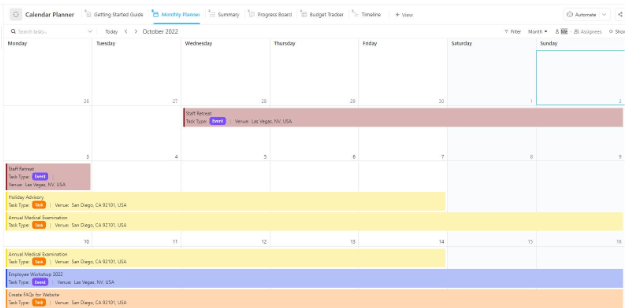By Alexander Walsh
If you’ve spent any time in the startup world lately, you’ve probably heard: “AI is coming for our jobs.” The fear is understandable. With every breakthrough in AI, there’s a lurking suspicion that something, or someone, is about to become obsolete.
But here’s a twist: If AI is so capable, would you replace your CEO with it? Would I replace myself?
Short answer: Absolutely not.
Long answer: Keep reading.
The rise of AI tools has legitimized the topic of executive replacement, with 44% of C-suite executives claiming they would override a decision they had already planned to make based on AI insights. Some have floated the idea of “AI CEOs” or fully autonomous decision-making systems. But what’s missing from that idea is what leadership actually is: setting vision, navigating ambiguity and making relationship decisions. It’s about trust, alignment and responsibility. Data can guide, but leadership demands more.
That’s where AI shines; not as a replacement, but as reinforcement. As Marc Andreessen writes in The Techno-Optimist Manifesto, “Intelligent machines augment intelligent humans.”
The myth of total replacement
The current wave of AI panic echoes similar fears from the industrial revolution, the rise of personal computing, and even the invention of the calculator. Every major shift in tech has threatened to render some jobs obsolete. And in some cases, it has. But more often than not, new tools end up changing how we work, not just who does the work.
AI tools are built to help us make faster, smarter calls, but the keyword here is help. We’re still the ones behind the wheel. That tension between automation and human judgment shows up everywhere, even in the small stuff. Should AI decide how I take my coffee? Can it tell that I’m a cold brew person?
In enterprise settings, AI doesn’t eliminate the need for decision-makers. It eliminates our reliance on guesswork.
LLM hallucinations once made AI risky. Agentic AI can fix that. Now, businesses get trustworthy answers in seconds. The executives we see thriving are the ones who leverage AI to get better insights into their operations, customers and team dynamics. In a world awash with data, intelligence is using the right tools to make sense of it at pace.
The new standard
Let’s be honest: Many decisions are still made based on gut feel and fragmented reports pulled together at midnight. That’s how outdated tools place limitations on success.
But when the bar is raised through an emergence like AI, great leaders don’t settle for old standards. With agentic AI, guesswork has become obsolete, and by embedding it into our workflows, data-backed decisions have been democratized. Those who settle for old standards will be left behind and leave money on the table.
According to an MIT research report, organizations that use AI to enhance their KPIs are 3x more likely to achieve greater financial benefits compared to those that don’t. These aren’t companies replacing humans; they’re equipping them.
Who should worry (and who shouldn’t)
If your role is 100% routine and repeatable, it might be time to evolve. But if your role involves creativity, collaboration, leadership or relationship building, you’re in luck. These are domains where AI enhances, not replaces. I won’t pretend AI can’t be misused, it absolutely can. But when built thoughtfully, AI democratizes access to insights and gives time back to those who need it most. It can help us all lead smarter.
So, would I replace myself?
No, I can’t say I would. But I would hire the best possible team to support me. And the strongest teams today use AI tools to produce their best work. As leaders, we should be asking, “What more can I do now that I can see the full picture?”
Because the future of leadership isn’t artificial, it’s augmented.
Alexander Walsh is the CEO and co-founder of Oraion, an agentic AI company focused on improving how enterprises make data-driven decisions. He still makes his coffee decisions manually, but everything else is fair game.
Illustration: Dom Guzman

Stay up to date with recent funding rounds, acquisitions, and more with the
Crunchbase Daily.








